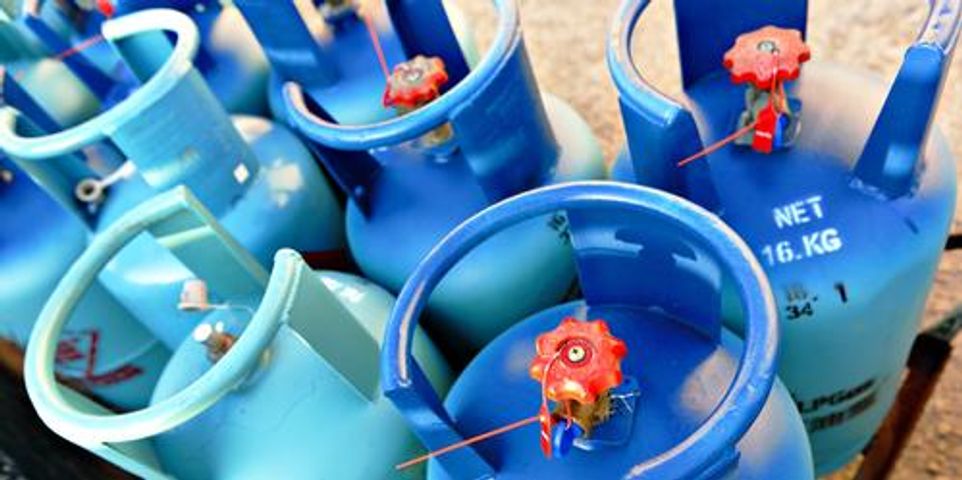
Gas is important for many modern households. After all, it is used for a lot of essential tasks, including cooking food, heating up water, and fueling furnaces, which makes it particularly important during the winter months. The type of gas that you use is likewise significant. While each may have its benefits and drawbacks, experts usually recommend using propane.
What Is Propane Gas?
This type of gas is a byproduct of oil refining and natural gas. Often stored as a liquid, it is colorless, nontoxic, and odorless, if not for the chemical that suppliers add to make it easier to detect leaks. Aside from household appliances, it is also used in industrial and agricultural applications. It is an approved clean fuel that is listed in the 1990 Clean Air Act, and using propane instead of other types of fuel reduces harmful emissions.
Why Use Propane At Home?
-
It Delivers Savings: Propane generally costs less than electricity per British Thermal Unit, making it an ideal option for appliances that require a lot of energy, such as heaters and furnaces. Moreover, appliances that use propane are usually cheaper to repair and last longer than those that use electricity. You not only get to save money on its day-to-day use but also on maintenance.
-
 It’s Safe: Propane does not ignite, produces minimal emissions, won’t harm soil or water, and is not toxic—even if you accidentally breathe it in. Furthermore, the propane industry has set stringent safety codes and regulations in its manufacturing and packaging to ensure customers’ safety.
It’s Safe: Propane does not ignite, produces minimal emissions, won’t harm soil or water, and is not toxic—even if you accidentally breathe it in. Furthermore, the propane industry has set stringent safety codes and regulations in its manufacturing and packaging to ensure customers’ safety. -
It’s Reliable: Even when the power goes out in your area, you can still use propane to perform various tasks around the house. In fact, so long as you have appliances fueled by this gas, you can live comfortably without electricity.
Make sure you get your propane gas delivery scheduled for the winter months. If you need a reliable supplier, turn to Best Oil. One of the most trusted fuel companies serving Waterbury, CT, they also offer oil heating, furnace cleaning, diesel tank maintenance, and more. Call (203) 574-4050 for inquiries, or visit their website for more information.
About the Business
Have a question? Ask the experts!
Send your question

